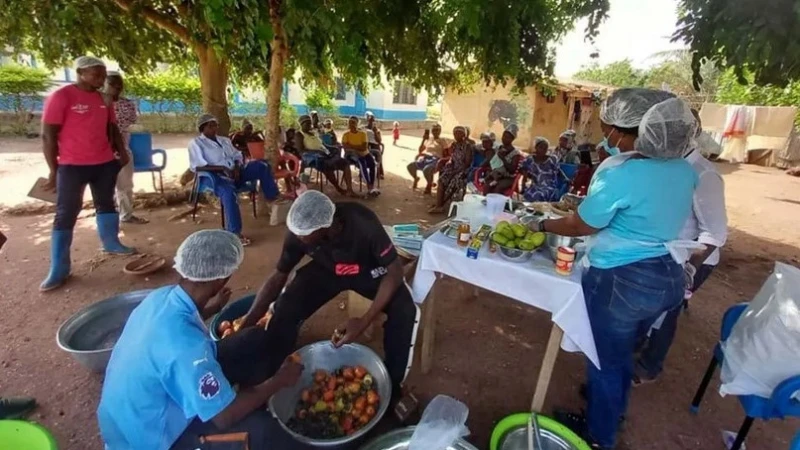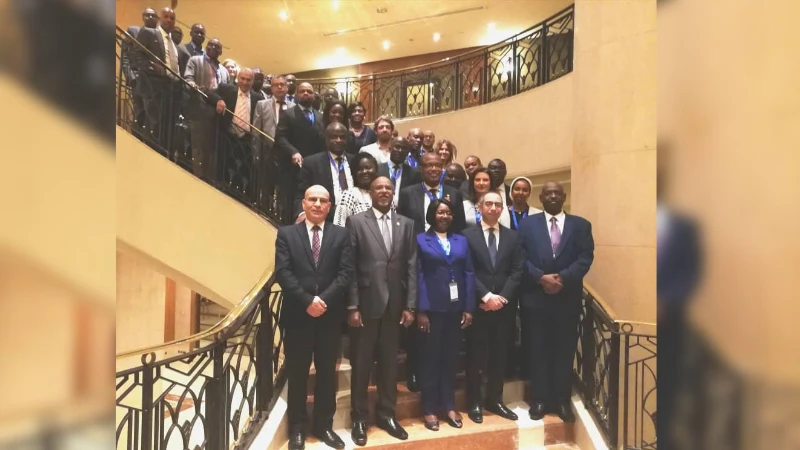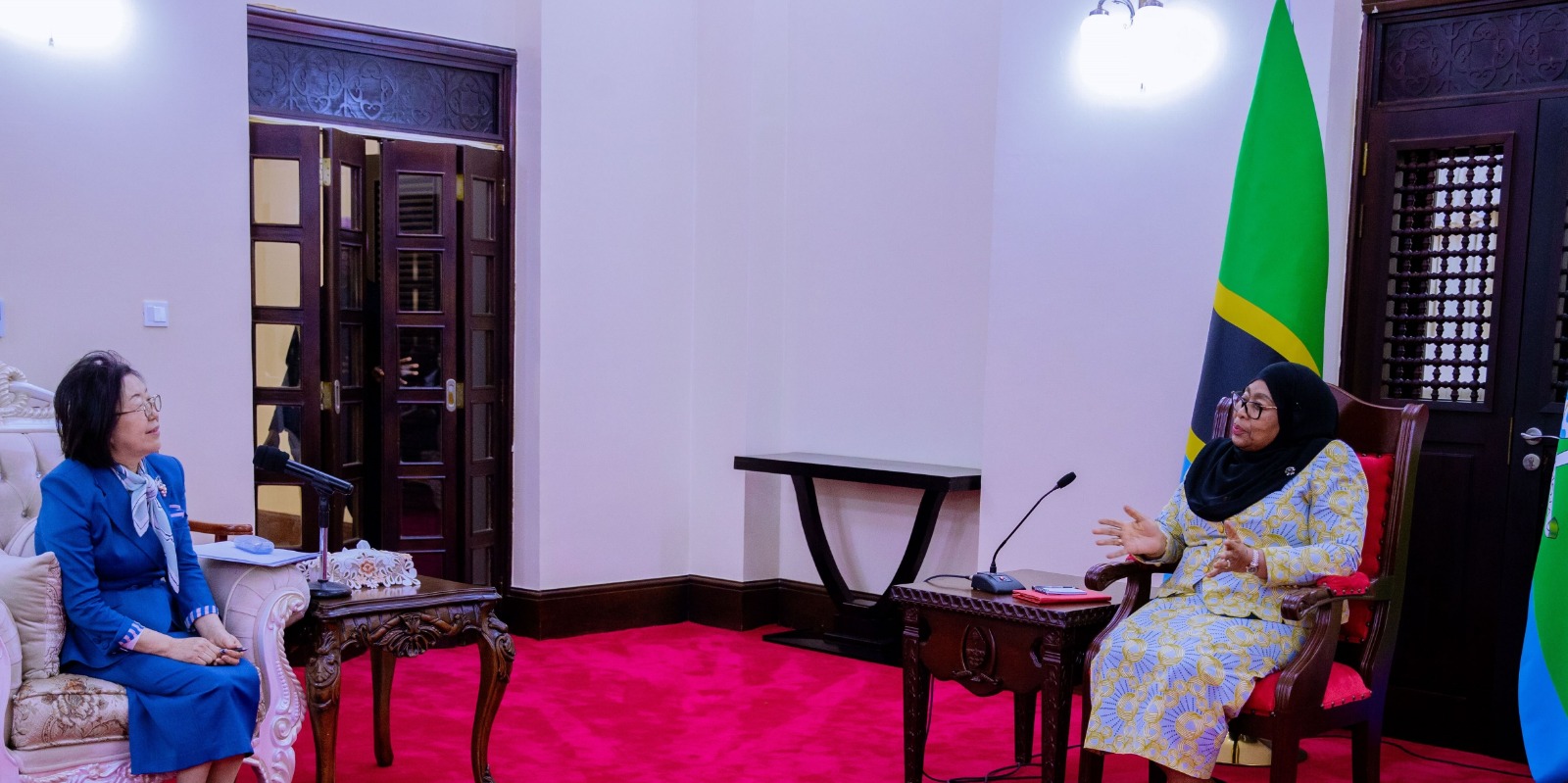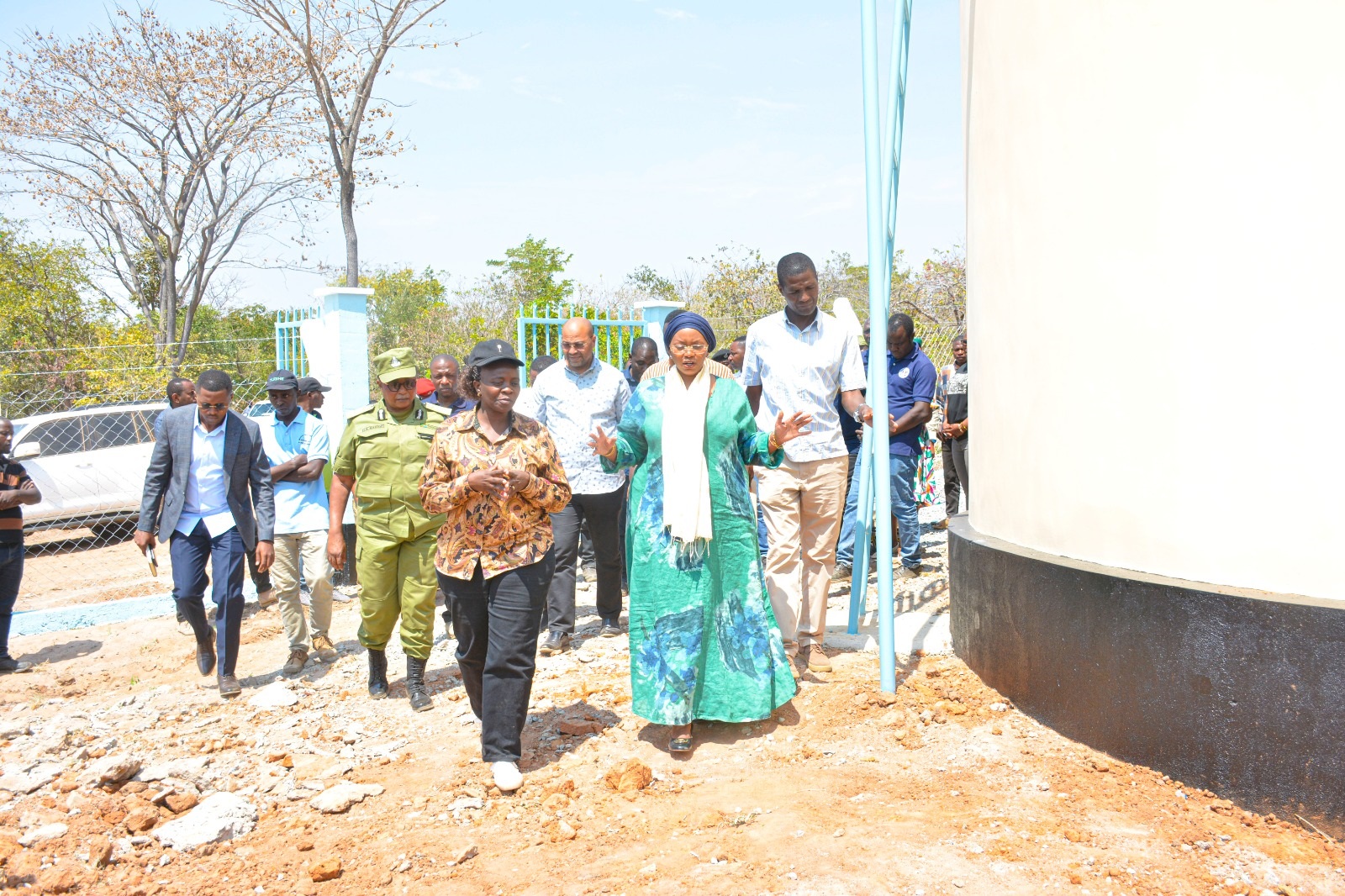DC calls for stronger residents action to safeguard mangroves
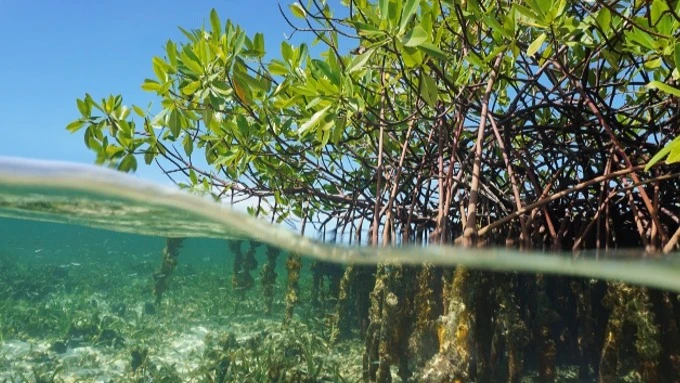
KINONDONI District Commissioner Saad Mtambule has urged local government authorities to intensify public awareness campaigns on the protection of wetlands and mangrove ecosystems, as part of broader efforts to enhance environmental sustainability and climate resilience in coastal communities.
Speaking during a mangrove planting campaign in Dar es Salaam yesterday, Mtambule emphasized the crucial role of local leadership in preventing mangrove destruction and promoting sustainable land use practices.
Held at Kilongawima area in Kinondoni District, the event, aligned with the Global Mangrove Day observed on 26th July each year, included the planting of 5,000 mangrove seedlings at the site.
“Local leaders must take a frontline role in sensitising residents about the value of preserving wetlands and coastal vegetation. Mangroves are not just trees, they are lifelines for communities living along the coast,” Mtambule said.
He noted that approximately 15 percent of Kinondoni residents depend on the ocean for their livelihoods, engaging in fishing, seaweed farming, and other marine-based economic activities. He stressed that mangrove forests underpin these activities by supporting biodiversity, stabilising shorelines, and mitigating the impacts of climate change.
“Mangroves provide employment, food security, and improved nutrition for thousands of families. Damaging them is not only an environmental offence, it is an attack on the livelihoods and wellbeing of our people,” the District Commissioner warned. He called for strict enforcement measures against individuals and groups who illegally clear mangrove forests for firewood, construction or settlement.
Seleboni Mushi, assistant director for Forest Development in the Ministry of Natural Resources and Tourism, underscored the ecological and economic significance of mangrove ecosystems.
“Mangroves act as carbon sinks, protect against coastal erosion, and serve as nurseries for fish and other marine life. Their conservation is directly linked to poverty reduction and sustainable development in coastal regions,” said Mushi.
However, he cautioned that mangroves are under serious threat. “Research indicates that over the last four decades, nearly 50 percent of the world’s mangrove forests have been lost due to human activity, primarily encroachment, urban expansion, and overexploitation.”
He stressed that if current trends continue, the economic and ecological consequences could be dire — including reduced marine biodiversity, increased vulnerability to storm surges and rising sea levels, and diminished carbon storage capacity.
Mushi urged communities, policymakers, and civil society organisations to scale up efforts in mangrove reforestation, policy enforcement, and public education, especially in rapidly urbanising coastal districts such as Kinondoni.
Modesta Medard from WWF emphasised that mangroves are a critical component of Tanzania’s blue economy and that their destruction threatens long-term national development goals.
“Mangroves act as nurseries for fish and other marine life, they store carbon and stabilize shorelines against erosion and storms. Their loss has far-reaching consequences, both ecological and economic,” Medard said.
She called for increased investment in community-led conservation initiatives, improved enforcement of environmental laws, and the integration of mangrove protection into local government plans and budgets.
The event was attended by a section of local government officials, environmental experts, school groups, and community-based organisations involved in coastal conservation including World Wide Fund for Nature (WWF), Wetland International, the International Union for Conservation of Nature (IUCN), Earthlungs, Mwamba Coastal Conservation, and Climate Action Tanzania as well as officials from the Vice President’s Office (VPO), National Environment Management Council (NEMC), and the Marine Parks and Reserves Unit (MPRU), all reaffirming their commitment to mangrove ecosystem preservation.
Top Headlines
© 2025 IPPMEDIA.COM. ALL RIGHTS RESERVED









